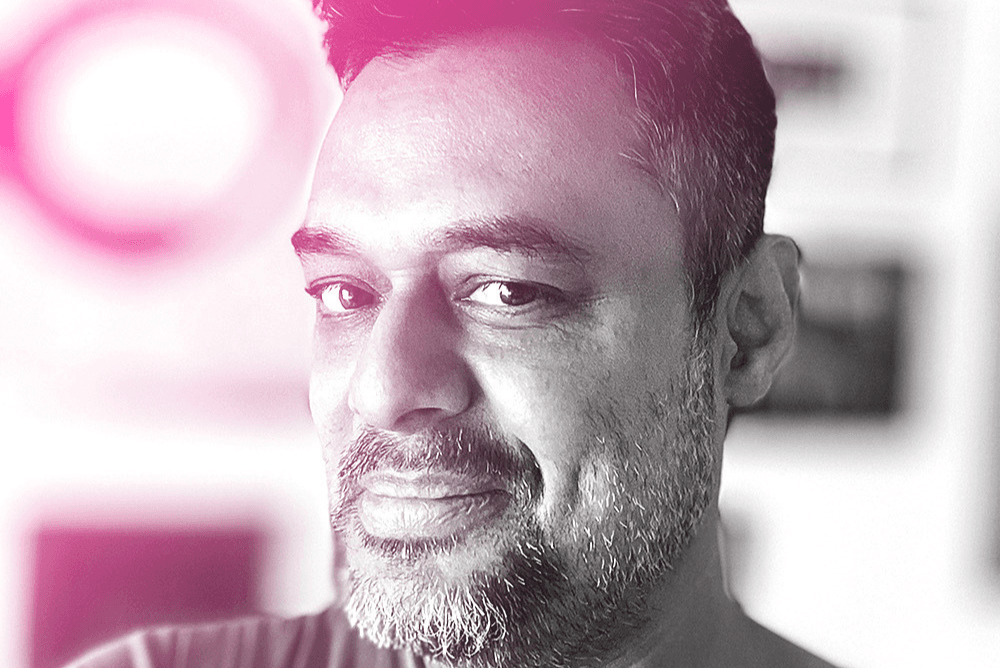And you, who would YOU hire? The dilemma of specialisation in UX /UI design
2 Oct 2023
Would you hire a UX designer specialising in a particular niche or look for someone with a broader portfolio who can take on additional tasks if needed? (People in the image are not real designers, they are generated by Midjourney).
Written by Autentika Team
What is more beneficial for a company looking for a UX design consultancy – hiring a designer who specialises in a particular niche or take a more general approach? We shed light on this topic by drawing insights from conversations with six experienced UX/UI designers at Autentika: Ola Bujanowska, Dominika Kiszkiel, Piotr Młynarczyk, Michał Samojlik, Marcin Sasin, and Grzegorz Wiktorski.
Imagine the following scenario: You are the CEO of a tech start-up that wants to launch a groundbreaking app. Would you hire a UX designer specialising in app development or look for someone with a broader portfolio who can take on additional tasks if needed? Or perhaps you would look for someone knowledgeable in your industry?
There is no one simple answer to this question, as both generalists and specialists can be a good choice. It all depends on the specific requirements of your project, the potential for adaptability and the match between the skills of the selected designer and your long-term vision. Let’s examine some nuances surrounding this decision and our conclusions from conversations with six experienced UX/UI designers at Autentika.
Generalist: pros
Versatility
Generalists typically cover a broader range of challenges in different industries. They can seamlessly transition from developing a mobile app for healthcare to designing a website for an e-commerce company, demonstrating their adaptability. This adaptability is invaluable in industries where staying current is paramount, ensuring clients' projects remain relevant and competitive.
Diverse experience
Generalists gain diverse experience that they can draw on to offer innovative solutions and bring fresh perspectives and ideas to projects. This way, clients benefit from a new perspective, often from cross-sectoral insights.
Availability and accessibility
Generalists are often more abundant and more accessible to find than specialists. This accessibility can be especially beneficial for clients with urgent needs when you need to initiate a project ASAP. It can also be meaningful in rapidly changing industries, as you can quicklu find a generalist to meet your specific design needs.

Being a generalist or specialist is a choice most designers have to make at some point of their carreer (image generated by Midjourney).
Generalists: cons
Possible lack of deep expertise
Clients seeking highly specialised knowledge may find that generalists lack deep industry insights that could be crucial for specific projects such as medical applications or scientific software.
Competitive comparison
Clients may find it challenging to compare the expertise and qualifications of generalists, especially when they come from diverse backgrounds. This makes evaluating their suitability for a project more complex than specialists who have clearly defined areas of expertise.
Specialists: pros
Expertise
Specialists bring a wealth of expertise and skills to the table. For clients, this often means precise and high-quality solutions tailored to their industry or niche.
Confidence and efficiency
Specialists enter negotiations with great confidence and know the industry inside out. They can efficiently address concerns and offer solutions, building confidence among clients.
Industry connections
Over time, specialists build extensive networks and connections within their industry. This can be a valuable asset for clients, as specialists can tap into these networks to access additional resources or expertise when needed.
Specialists: cons
Limited perspective
Specialised designers may have a deep understanding of their niche but could lack broader industry insights. Clients seeking a more holistic approach to their project may be concerned that specialists won't consider alternative viewpoints or emerging trends outside their expertise.
Availability
Highly sought-after specialists may have longer lead times and may not be readily available for immediate project needs. This can disadvantage clients with tight deadlines or those in fast-paced industries.
Budget considerations
Specialised designers often command higher fees because of their expertise, which can be a significant drawback for clients with limited budgets. This cost factor may lead some clients to opt for more budget-friendly, albeit less specialised, design options.
What about AI and new technologies?
The debate between specialisation and generalisation has been further complicated recently by technological advances, generative AI and machine learning. AI in particular, has added new dimensions to this discussion, as it can potentially streamline certain aspects of design work.
However, it is essential to note that AI can complement rather than replace human skills. Web generators, for example, can help designers create layouts, but the final creative touch still requires a human eye. Specialists and generalists with a lot of experience can sigh relief because AI cannot replace them for the time being – and this is not just about design skills. The job of a UX /UI designer requires a high degree of creativity and innovation – something AI is currently still struggling with.
It might become natural to “hire” AI for average and general projects in just one or two years as design tools and automation technologies evolve. So, if you need a simple product with no twists, it might be better to use AI than a human with little experience and average skills.
In addition, design often requires empathy and a deep understanding of human behaviour and emotions, something AI struggles to replicate. UX/UI designers prioritise the needs and preferences of users and ensure that the design meets the needs of the target audience. To do this, they need to understand human psychology and behaviour, which is a complex task beyond the capabilities of AI. The same goes for the collaboration and communication skills that UX/UI designers must have when working with cross-functional teams, including developers, product managers and stakeholders.
So, who should you hire?
So who should you hire? There is no one-size-fits-all answer, as your decision will ultimately depend on several factors, including the scope of the project, your specific requirements, personal preferences and the ever-evolving design landscape. Another thing to consider is that it might not be the designer’s specialisation that makes the difference – but their ability to adapt to changing circumstances and their willingness to learn.
We will not give you one answer. We can say that at Autentika, we started working in a team of two – one generalist and one specialist, and it seems to be working quite well. Maybe it’s even the optimal mix – so if you’re curious what projects we have in our portfolio, take a look here



